-
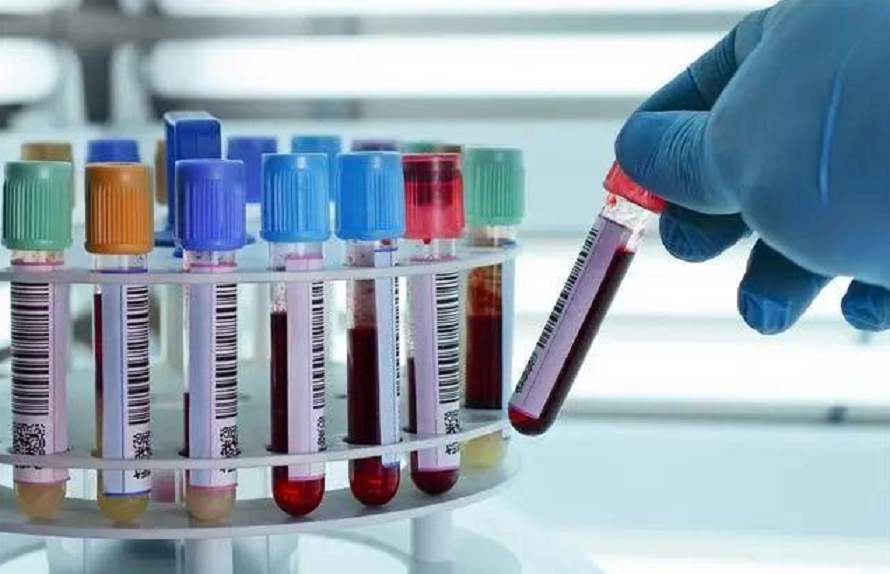
Is fibrinogen coagulant or anticoagulant?
Typically, fibrinogen is a blood clotting factor. Coagulation factor is a coagulation substance present in plasma, which can participate in the process of blood coagulation and hemostasis. It is an important substance in the human body that participates in blood coagulat...Read more -
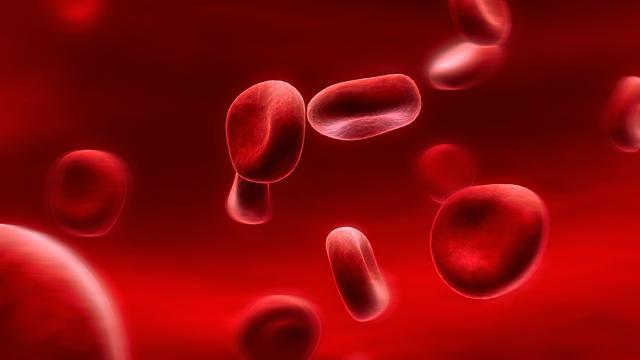
What is the problem with coagulation?
The adverse consequences caused by abnormal coagulation function are closely related to the type of abnormal coagulation, and the specific analysis is as follows: 1. Hypercoagulable state: If the patient has a hypercoagulable state, such hypercoagulable state due to abno...Read more -
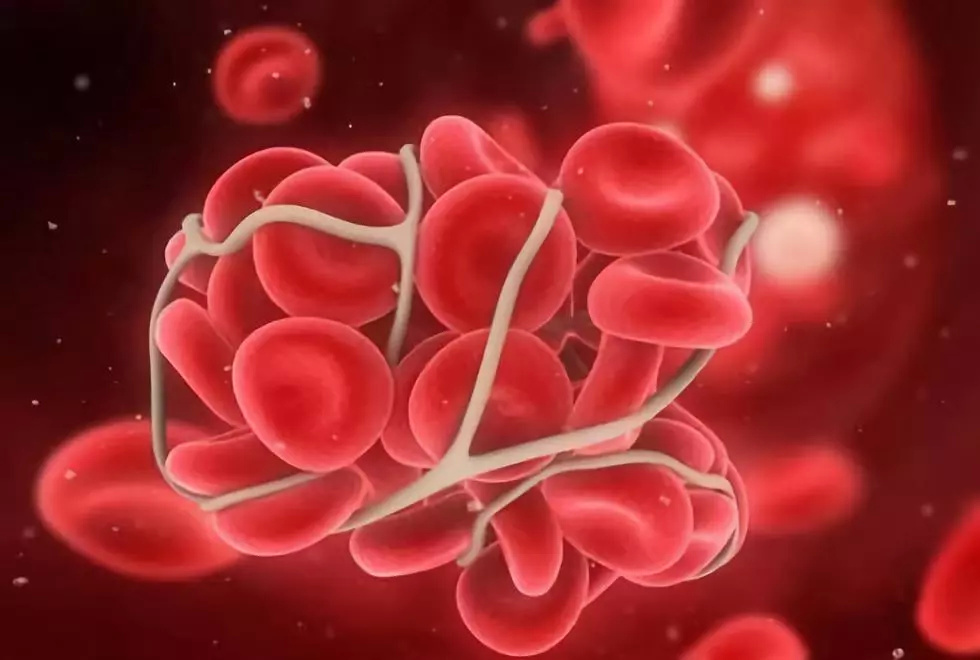
How do I check myself for blood clots?
Thrombosis generally needs to be detected through physical examination, laboratory examination, and imaging examination. 1. Physical examination: If the presence of venous thrombosis is suspected, it will usually affect the return of blood in the veins, resulting in limb...Read more -
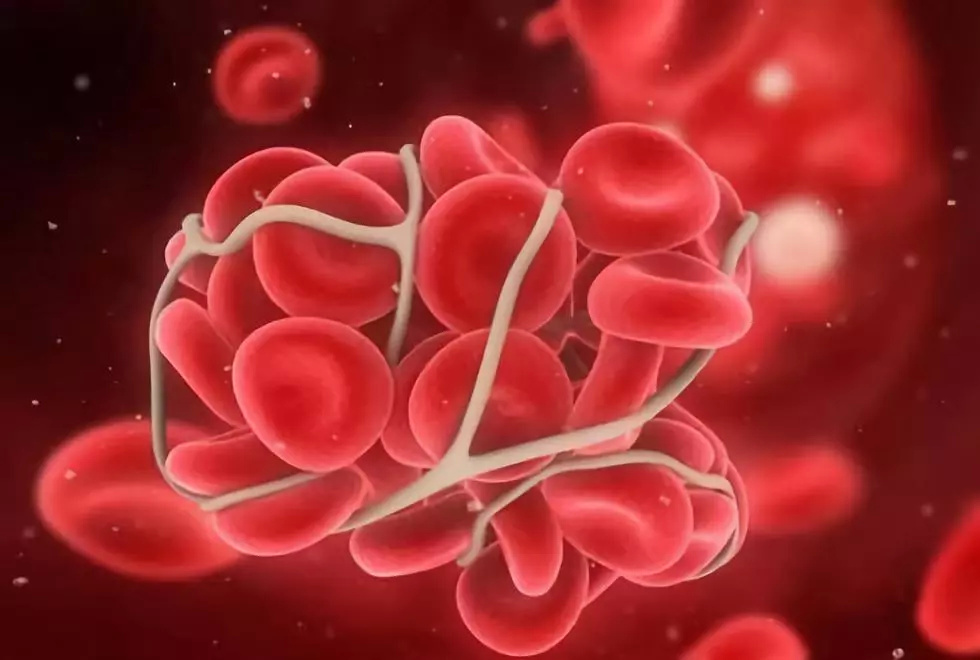
What causes thrombosis?
The causes of thrombosis may be as follows: 1. It may be related to endothelial injury, and thrombus is formed on the vascular endothelium. Often due to various reasons of endothelium, such as chemical or drug or endotoxin, or endothelial injury caused by atheromatous pl...Read more -
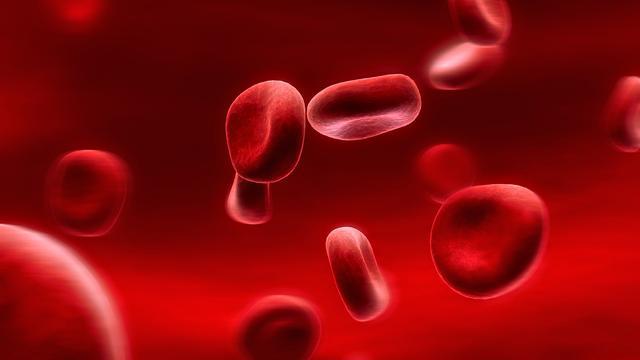
How do you treat coagulation disorders?
Drug therapy and infusion of coagulation factors can be performed after coagulation dysfunction occurs. 1. For drug treatment, you can choose drugs rich in vitamin K, and actively supplement vitamins, which can promote the production of blood coagulation factors and avoi...Read more -
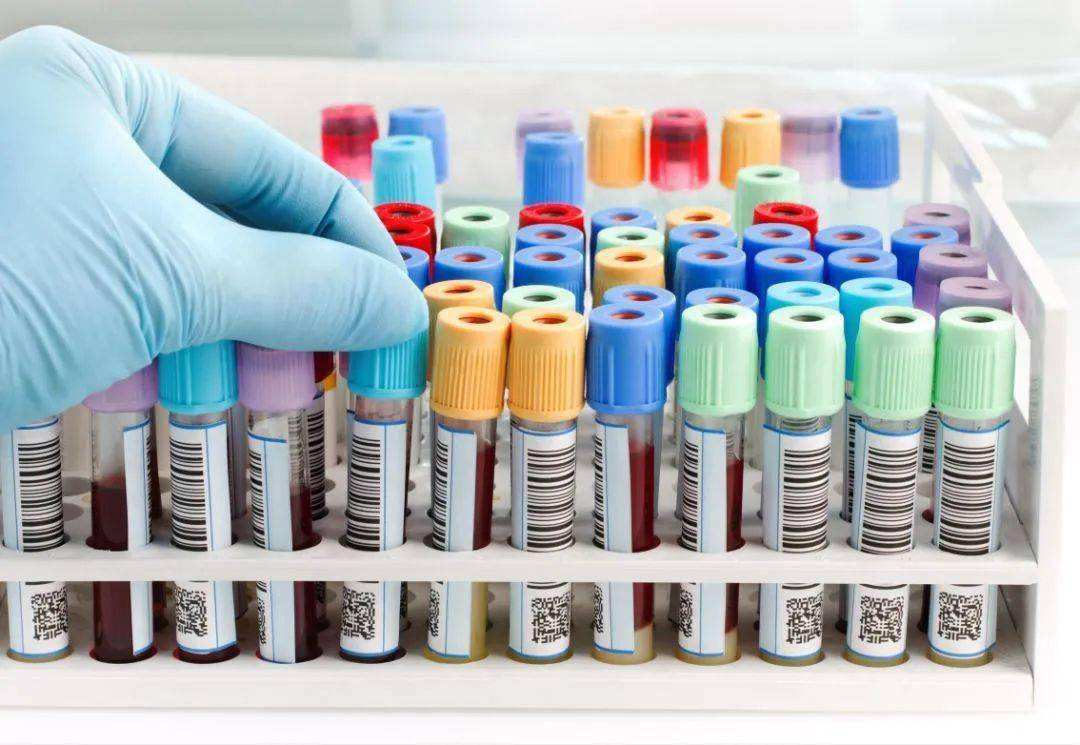
Why is blood clotting bad for you?
Hemagglutination refers to blood coagulation, which means that blood can change from liquid to solid with the participation of coagulation factors. If a wound is bleeding, blood coagulation allows the body to automatically stop the bleeding. There are two pathways of hum...Read more








 Business card
Business card Chinese WeChat
Chinese WeChat English WeChat
English WeChat